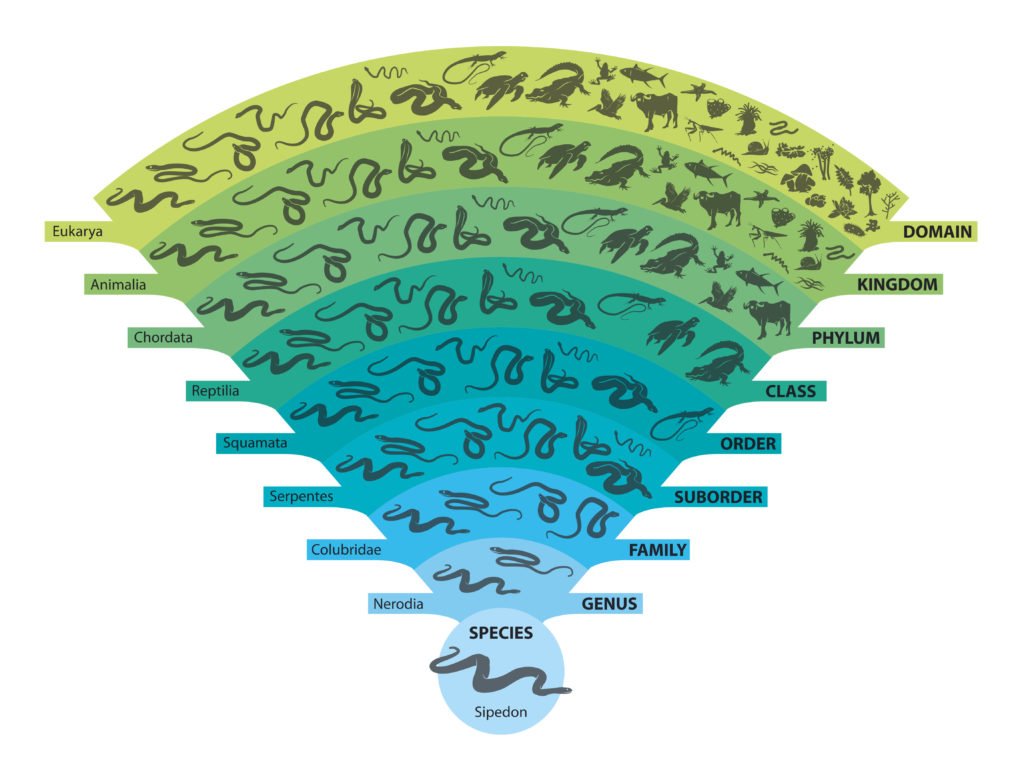Do you play a sport, or belong to a dance club? Do you swim on a swim team? How does everyone on your team or club know when to meet for practice, or to play in a game or competition? By selecting a specific time to meet, you insure that everyone arrives at around the same time.
There are three natural methods for measuring the passage of time. The first is the passage of day and night. As we have already learned, this is caused by the rotation, or spinning, of the Earth. As one side of our planet faces towards the Sun, the plants and animals on that side of the planet enjoy the day. As the Earth rotates around, the other side spins around towards the Sun, giving the plants and animals on that side of the Earth the opportunity to enjoy the daylight.
The second natural method for measuring the passage of time is by watching the phases of our moon. The moon moves through a 28 day cycle. Each time a cycle is completed, we say that it is a New Moon, or a new lunar month.
The phases of the moon
Finally, the revolution of the Earth in its orbit provides a third natural method for measuring the passage of time. As the Earth orbits the Sun, it goes through a predictable 365 day cycle, whereby many places experience four seasons.
For many thousands of years people watched the changing seasons, the phases of the moon, and the passage of days, in order to keep track of how much time had passed by. As civilizations became more advanced, however, the need to have a more accurate measurement of time became more important.
It was not enough to say, “let’s meet in three days.” People needed to know what time to meet, or what time to do the various activities that are necessary to maintain a civilization.
A system for measuring time was developed that depended on man-made quantities of time. These measurements are today known as hours, minutes, and seconds. Dividing the day into 24 equal parts called hours allowed people to be more accurate. Now, instead of saying, “let’s meet in three days,” you could say, “let’s meet in three days at noon.”






